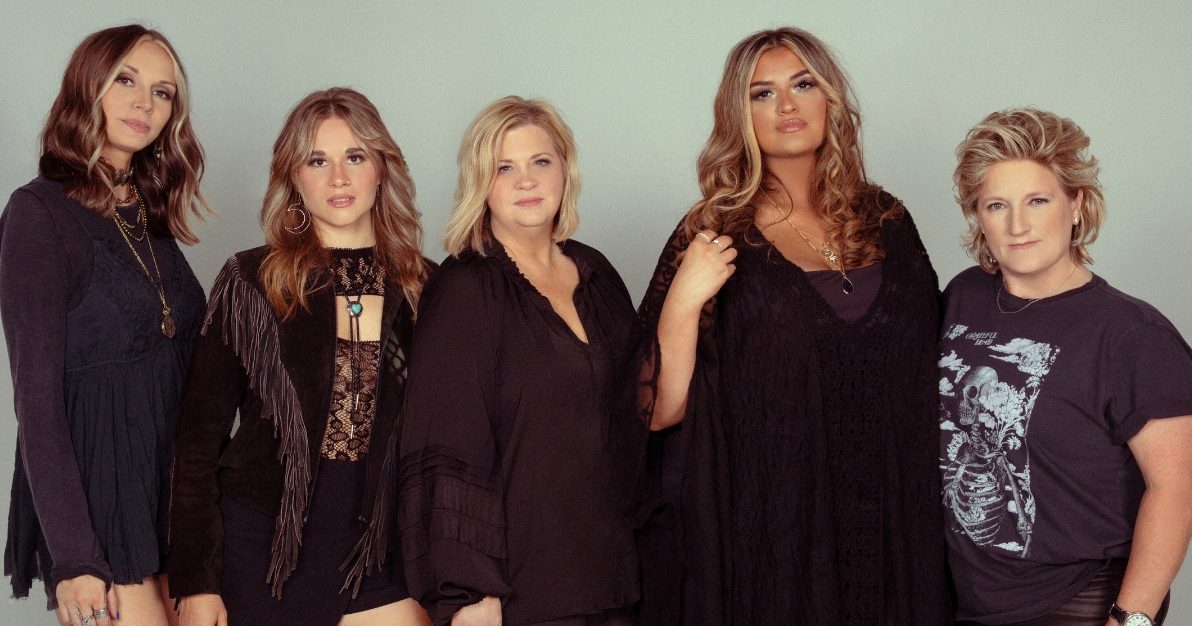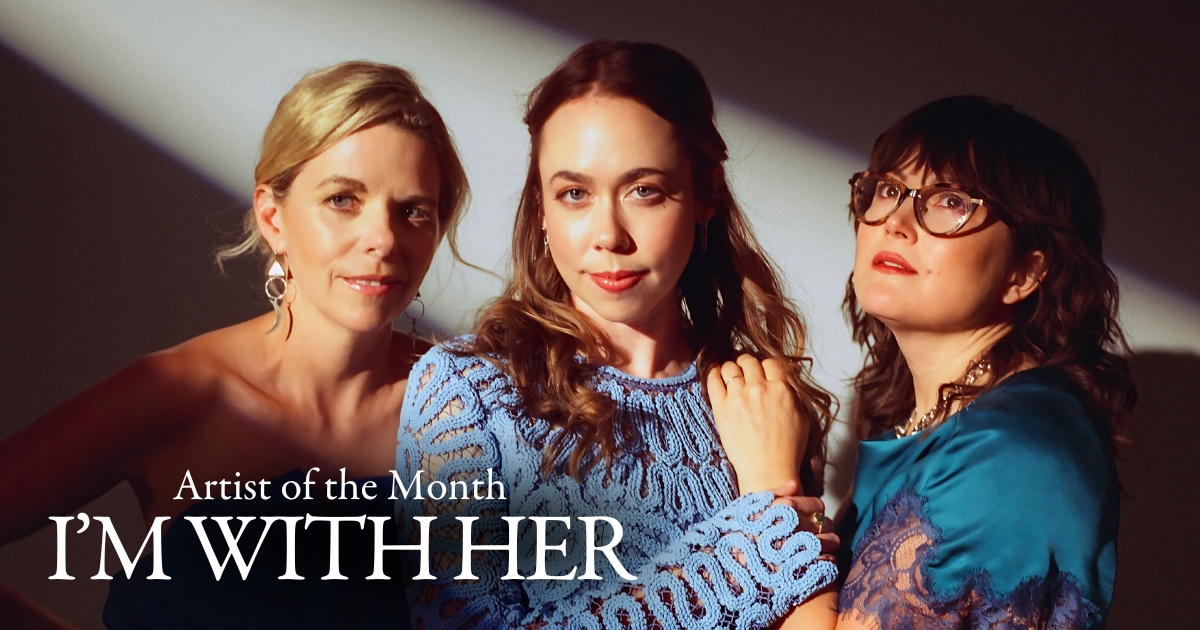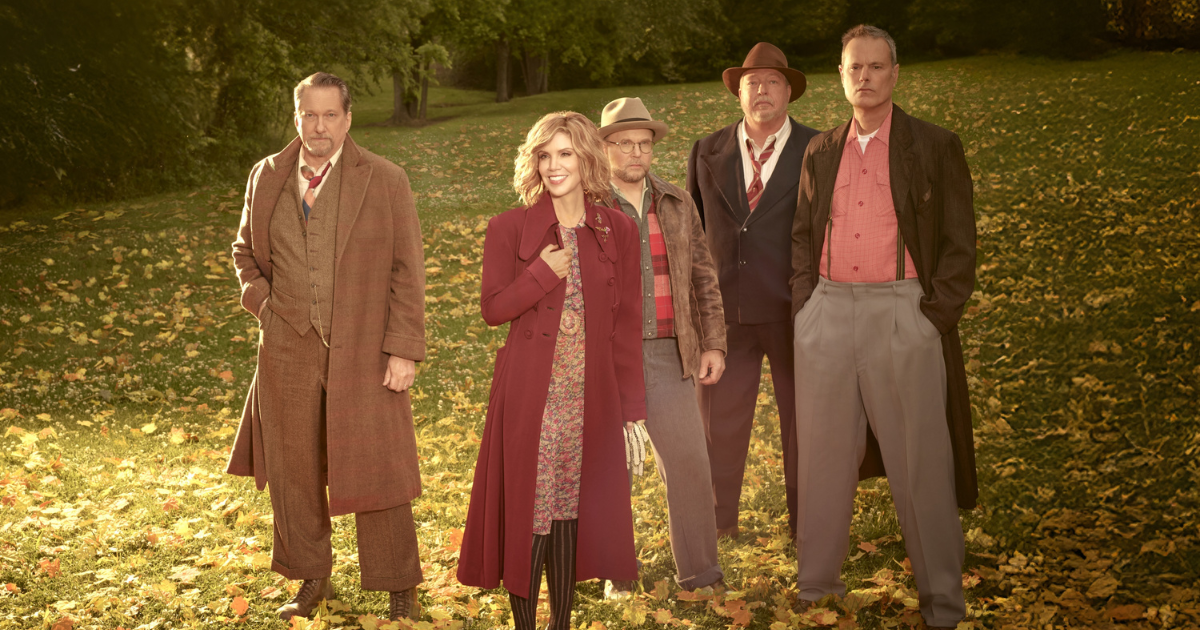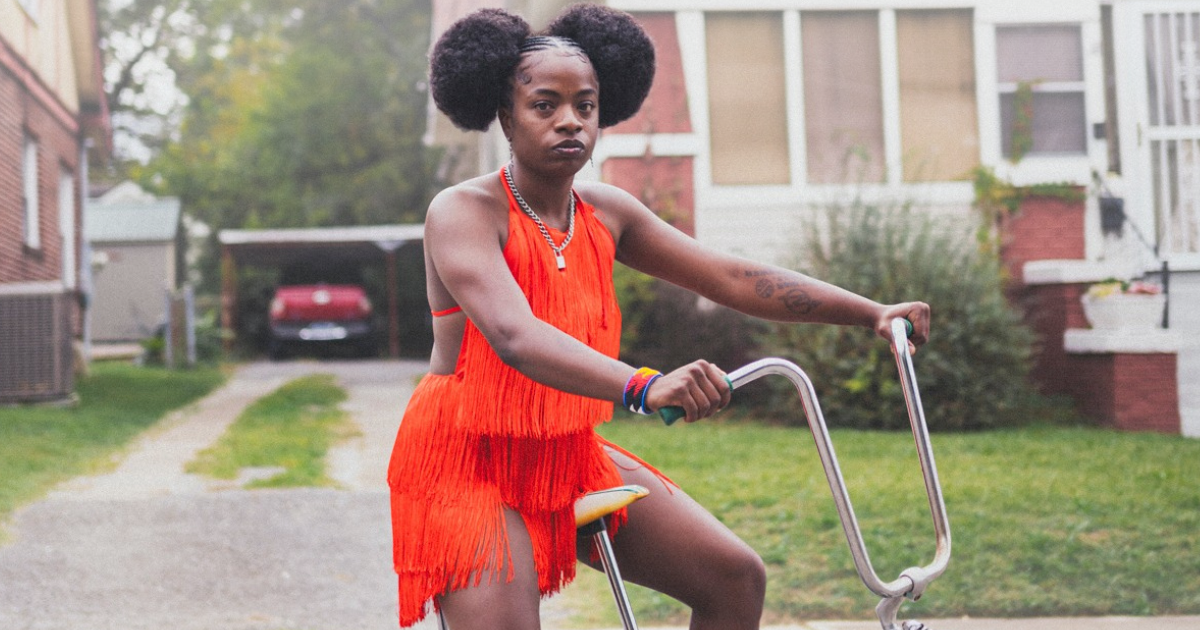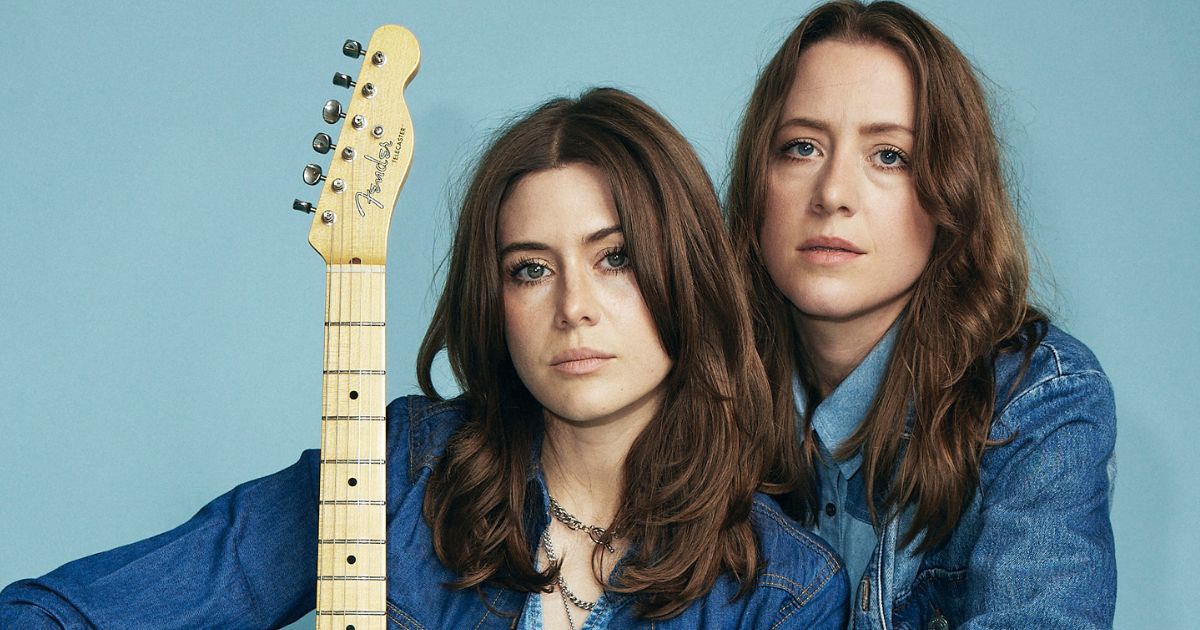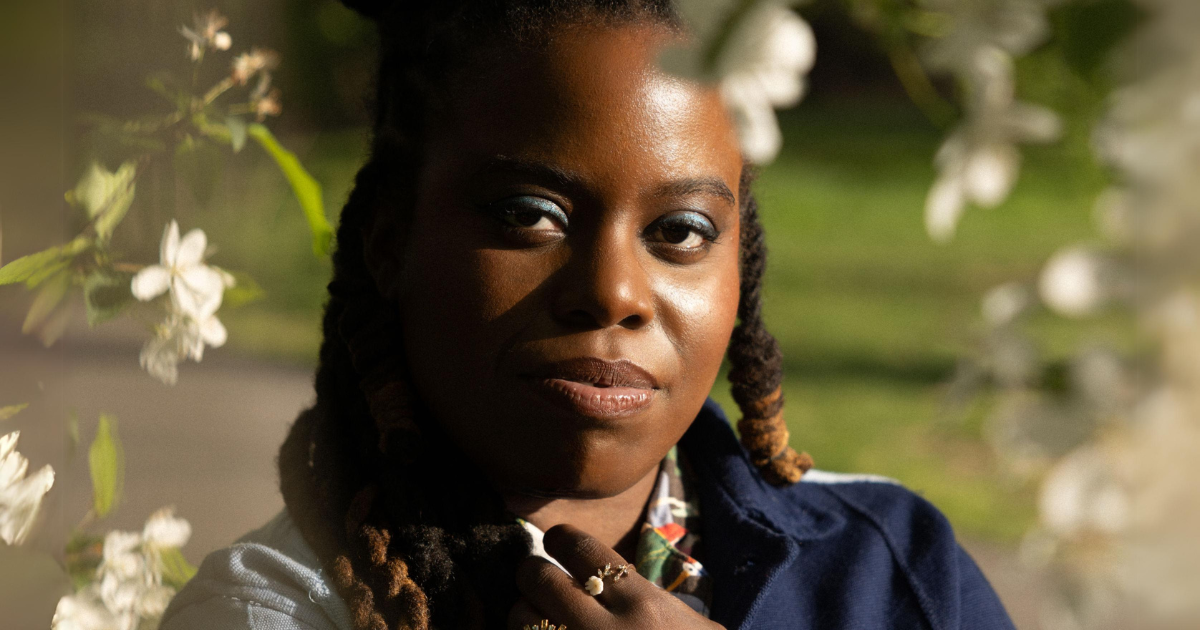Author and artist Jenny Odell begins her impeccable book, How to Do Nothing, immediately driving to the heart of the matter:
Nothing is harder to do than nothing. In a world where our value is determined by our productivity, many of us find our every last minute captured, optimized, or appropriated as a financial resource by the technologies we use daily.
The book is a striking, heartfelt argument for a realignment of societal and personal priorities that decenters social media, the “attention economy,” and the ways each of our individual “rat races” have now penetrated every aspect of our own lives and our each and every waking moment. In Chapter 1, “The Case for Nothing,” Odell continues,
Currently, I see a similar battle playing out for our time, a colonization of the self by capitalist ideas of productivity and efficiency. … The removal of economic security for working people dissolves those boundaries – eight hours for work, eight hours for rest, eight hours for what we will – so that we are left with twenty-four potentially monetizable hours that are sometimes not even restricted to time zones or our sleep cycles.
These paradigms of and assumptions about “productivity” immediately jumped into my mind when I first heard singer-songwriter Caroline Spence’s lovely new album, Heart Go Wild. Released August 29, it marks Spence’s return to independently releasing music – on her own terms and retaining ownership of her own intellectual property (and the productivity that birthed it).
Over 12 original tracks, Spence is meditative and introspective, angry and tender, grateful and underappreciated, clamoring for justice and toying with the idea of giving up. There’s self-cajoling and there’s self-acceptance. There are aspirations, too, but the undercurrent of this collection isn’t ambition or climbing Music Row ladders or seeking any sort of superlative recognition. More than perhaps any of her other delicious albums – which also carry through many of these same themes – Heart Go Wild seems to be an exercise in songcraft, music-making, and album production that’s more in the vein of “doing nothing” than “doing everything, for everyone, 100% of the time.”
So, while these songs will surely elicit tears, spur daydreams, trigger longing, and untether dozens of emotions, overall they feel like one long, therapeutic sigh. A “deep breath out” to purge years of being underestimated or overlooked or underserved by record label execs, an exhale to eliminate any traces of ambition only for ambition’s sake, and to say goodbye – once and for all – to making art in order to meet the expectations (or profit margin targets) of others.
Since Spence’s most recent prior album, 2022’s True North, the shape of her professional life and network isn’t the only way her day-to-day has changed. She married her life partner, together they started a family, and the rocky relationship she had with the music business and its executives was just one facet of many in a deep self-searching and realignment of her musical and artistic priorities.
You can hear this shift in – or perhaps, recovery of – her values system in each of these songs. Spence has learned that “doing nothing,” that is, working outside of the machinations of the music industry, has always been her preferred method. And, just as she tends her bulbs, wildflowers, and hydrangeas, rain by rain, day by day, season by season, she now brings the same sort intention to her entire music-making process.
Odell continues in How to Do Nothing, “Our very idea of productivity is premised on the idea of producing something new, whereas we do not tend to see maintenance and care as productive in the same way.”
These songs – whether “Confront It,” “The Sound of You,” “Soft Animal,” “Dried Flowers, Old Habits,” and many others on the LP – indicate a deep, in-her-bones understanding that maintenance, stillness, rejuvenation, and feeding one’s soul – and the souls of your loved ones – is always productivity. Does it pad the pockets of suits in Nashville board rooms? Certainly not. Can it birth one of the best albums of the year? It does seem so!
Heart Go Wild is full of redemption – and the labors required to bring about a “blank slate,” a fresh starting point, and a re-solidified foundation. It may not feel like a totally new turn for diehard Spence fans (either sonically or textually), but there is still a palpable sense of the dust being shaken off and a new and endless creative horizon coming into view – tempting, tantalizing, and ready for Spence to gallop off toward.
As often as these songs are sad and self-challenging they are bold and dripping with agency. There are many moments of looking back and asking, “Why? How?” and “Did it need to end up this way?” Which are that much more impactful alongside their counterparts that say, “I know who I am,” “I know where I’m going,” and “I know who I’m bringing with me.”
Heart Go Wild places at its center – first and foremost – the loved ones Spence will elect for her songwriting and album-producing “board room” in her mind: her loving husband, their child, her family, her friends and peers, and her endlessly faithful rescue dog, Roxy. Spence is looking forward, utilizing the clarity she did gain from looking back to establish a new sort of workflow.
Externally defined productivity clearly won’t have the power over this critically acclaimed and musician-and-artist-beloved singer-songwriter anymore. (Though this writer is skeptical it ever truly did have that power to begin with.) Spence, like many of us, has spent the last few years, especially post-COVID and in the midst of growing her family, to learn how to constructively do nothing.
Now, with this stunning set of songs, she’s passing along those lessons to us. And, as we’ve already established, this kind of nothing isn’t nothing at all, no matter how hard it is to do. This kind of doing nothing is doing everything.
Caroline Spence is our Artist of the Month! Check out our Essential Caroline Spence playlist below and stay tuned as we share content on Spence, her music, and her songwriting throughout the month. We also have a very special “in conversation” interview feature with Spence and Lori McKenna. Follow on social media, too, as we dip back into the BGS archives for all things Caroline Spence all month long.
Photo Credit: Kaitlyn Raitz


